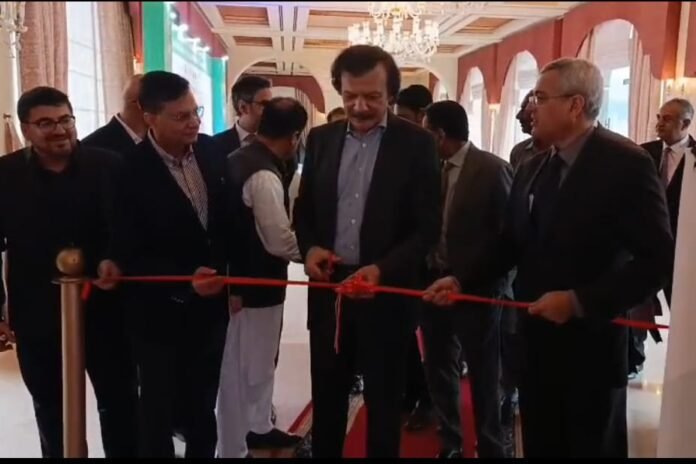Pakistan government is determined to drive industrialisation through policies and make local auto parts manufacturers globally competitive.
Haroon Akhtar Khan, Special Advisor to the Prime Minister, said this on Tuesday.
“Pakistan today stands at a crossroads. We possess the human capital, strategic location, and natural resources. These provided leverage to successful nations in their industrial transformations ” he said while speaking as the chief guest at the Auto Parts Summit.
Pakistan Association of Automotive Parts and Accessories Manufacturers (Paapam) organised the summit at Serena Hotel in Islamabad.
Haroon said that Pakistan has the political will under the leadership of the PM to implement forward-thinking industrial policies. The policies, he said, prioritise manufacturing, attract foreign investment, and position Pakistani products competitively in global supply chains.
He said that more than 1,200 local auto parts manufacturers are contributing 3% to the GDP. The industry, he added, is also creating two million employment opportunities.
“The government will make local auto parts manufacturing industry competitive at the international level.”
He asked industrialists to invest in the latest technology and research, as this is the way to make Pakistan an auto hub in collaboration with the government.
Paapam:
Meanwhile, Chairman Paapam Usman Malik said that the United States of America is saving its industry through tariffs. He questioned government policies, saying it is implementing an environmentally friendly electric vehicle policy while, on the other hand, allowing the commercial import of diesel and petrol engine used cars.
“Our policymakers are moving in the opposite direction to destroy the local auto parts manufacturing industry. It is really difficult to revive once the industry is damaged. At present, many CKD operators are merely assembling imported parts rather than truly supporting local manufacturing,” he said.
Former Chairman Aamir Allawala said that the National Tariff Policy’s peak tariff structure will lead to the reversal of local value addition, and assemblers will be able to import parts at duties similar to localised ones, displacing domestic vendors overnight.
He said the policy must shield the local parts manufacturing ecosystem from shocks such as abrupt duty revisions or commercial imports of used cars.



